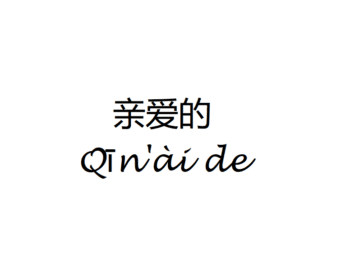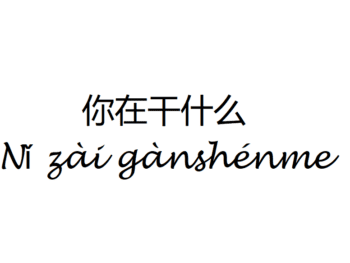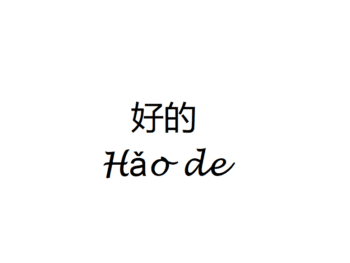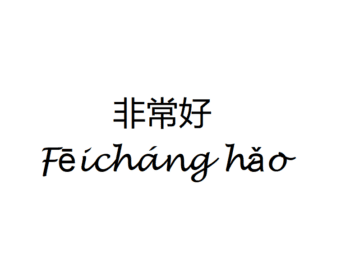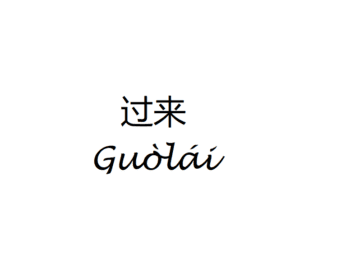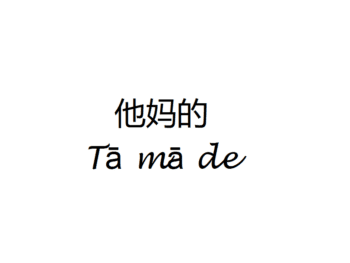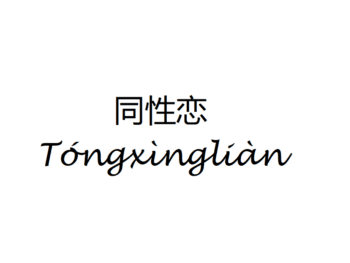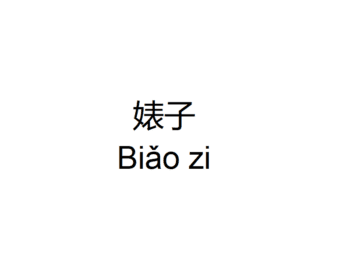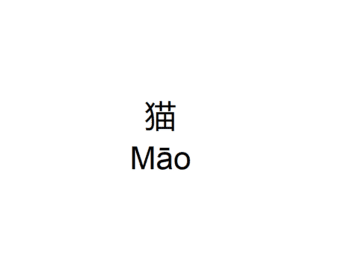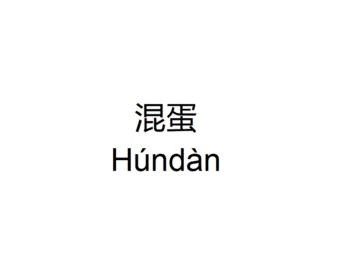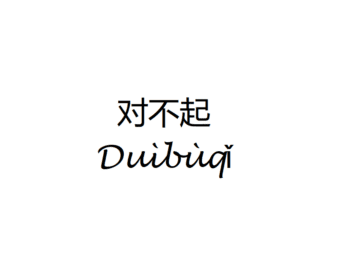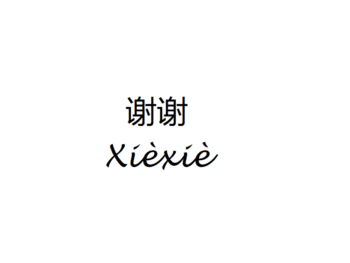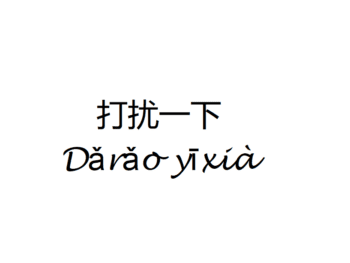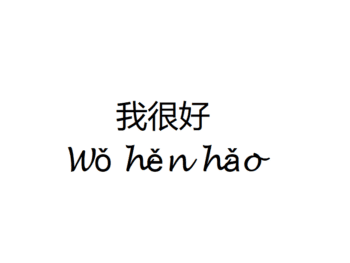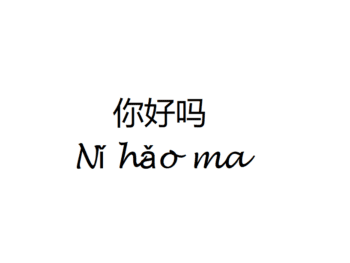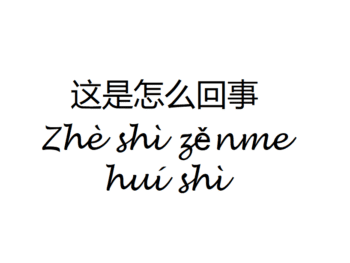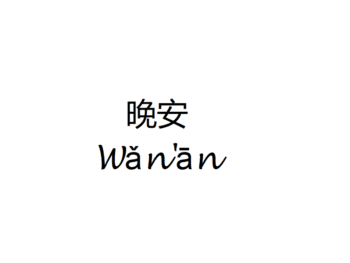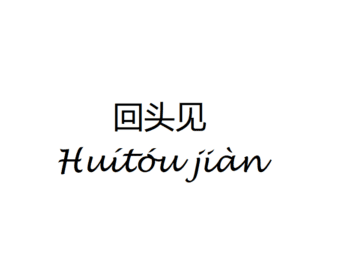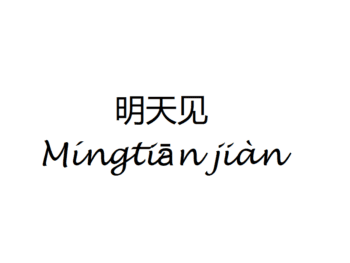If you want to express your love in Chinese, there are a few ways that you can do so. The most common way to say “my love” is 亲爱的 (Qīn’ài de). This phrase translates directly into English as “my love person/partner.” How to Say My Love in Chinese When expressing affection use “我的心上人” (wǒ de …
What Are You Doing in Chinese
Saying “what are you doing” in Chinese is actually quite simple. The phrase that you would use to ask someone what they are doing is 你在做什么 (Nǐ zài zuò shénme). This literally translates to “you do what?” and can be used as a general question of what someone might be up to. When using this …
OK in Chinese
In Chinese, the most common way to say “OK” is 好 (hǎo). This word literally translates to “good” and it carries a wide range of meanings. It can be used as an affirmative response, such as when agreeing with someone or expressing understanding. It can also be used as a casual greeting between friends or …
Very Good in Chinese
Very good is an expression used to express approval and appreciation. In Chinese, there are several ways to say “very good.” The most commonly used phrase is 非常好 (Fēicháng hǎo). This phrase literally translates to “too good” and can be used in a variety of contexts. It can be used when congratulating someone on their …
Come Here in Chinese
Learning to say “come here” in Chinese is a great way to expand your language skills. It can be used in everyday conversations and useful when you need someone to come over. The most common phrase for saying “come here” in Chinese is 来这里 (lái zhèlǐ) and 过来 (Guòlái). These phrases literally translate to “come …
Fuck In Chinese
Saying “fuck” in Chinese can be a tricky task, as the word is considered to be quite offensive. However, there are some ways to express this sentiment. How to Say Fuck In Chinese The most common way of expressing the idea of “fuck” in Chinese is by using the phrase 操你 (cāo nǐ). This literally …
Gay In Chinese
Saying “gay” in Chinese is not as straightforward as it might seem. The reason for this is that there isn’t a single word or phrase that translates directly to the English term “gay”. There are, however, several ways to refer to homosexuality and same-sex relationships in Chinese. How to Say Gay In Chinese The most …
Bitch In Chinese
The word “Bitch” is a strong and offensive term in English, so it shouldn’t come as a surprise that the Chinese language has several words to express this same notion. Depending on the context of your conversation and how you are using the word, there are multiple translations for “bitch” in Chinese. How to Say …
Pussy in Chinese
The vulgar version of the word “pussy” in Chinese is 貓屁股 (māo pìgu). It literally translates to “cat butt” and can be used to refer to a female genitalia, though it can also mean something else depending on the context. When using this phrase, one should take caution as it is considered highly offensive by …
Asshole in Chinese
Asshole isn’t a term that you will probably use during your trip to China, but it’s always fun to learn a few curse words. 傻逼 (shǎ bī). This phrase literally means “stupid cunt” and can escalate a conversation quickly. How to Say Asshole in Chinese You could also use 混蛋 (hùn dàn) instead, which translates …
I’m Sorry in Chinese
Saying “I’m Sorry” in Chinese can be a tricky thing, as the language has several words that translate to this phrase. The most common way to say “I’m Sorry” in Chinese is by using the term 对不起 (duìbuqǐ). This phrase literally translates to ‘not right/wrong’ and is used when apologizing for something. It can also …
You’re Welcome in Chinese
If you’ve ever been to China, then you know that the language can be quite difficult. One of the most common things people say in any language is “you’re welcome” – and Chinese is no exception. In fact, there are several ways to say it depending on the context. Here we will explore how to …
Thank You in Chinese
Thanking someone in Chinese is an important part of the language and culture. There are several ways to say “thank you” in Chinese, depending on the context and how formal or informal you want to be. How to Say Thank You in Chinese The most common way to express gratitude is by saying “xie xie” …
Excuse Me In Chinese
Saying “excuse me” in Chinese is a simple yet important phrase to learn when visiting or living in China. It is an essential part of basic manners and politeness, so it’s good to have this phrase down pat! Here are some useful ways you can say “Excuse Me” in Chinese: How to Say Excuse Me …
I Am Good in Chinese
Saying “I am good” in Chinese is easy and straightforward. In Mandarin, the most common way to say this phrase is “Wo Hao” (我好). This literally translates to “I am good” or “I’m fine.” Other translations of this phrase could be “Wo Hen Hao” (我很好) or “Hao De” (好的). The first two phrases are more …
How Are You Doing in Chinese
Saying “how are you doing” in Chinese is a great way to start any conversation. It shows that you care about the other person and want to know how they are feeling. In Chinese, there are two common ways of saying this phrase: 你好吗 (nǐ hǎo ma) or 你过得怎么样?(nǐ guò dé zěnme yàng). Both phrases …
What’s Up in Chinese
Saying “What’s up?” in Chinese is a great way to start a conversation or show interest and enthusiasm. The most common phrase used is 你好 (nǐ hǎo), which literally translates to “you good,” but it can be interpreted as “how are you?” or even just hello. How to Say What’s Up in Chinese If you …
Goodnight in Chinese
Goodnight is an important part of any language, and Chinese is no exception. Saying goodnight in Chinese can be a great way to show someone that you care about them or that you appreciate their presence in your life. In this article, we will look at how to say “goodnight” in Chinese and the different …
See You Later In Chinese
Saying “See You Later” in Chinese is a great way to show someone you care and appreciate them. There are many different ways to say it, depending on the context and level of politeness that you want to convey. How to Say See You Later In Chinese If you’re saying goodbye for the day, one …
See You Tomorrow in Chinese
Saying “See You Tomorrow” in Chinese is quite simple. The most common way to express this sentiment is by saying “Zai Jian” (再见). This phrase literally translates to “again see,” and it can be used as both a goodbye and an expression of farewell. How to Say See You Tomorrow in Chinese You can also …

